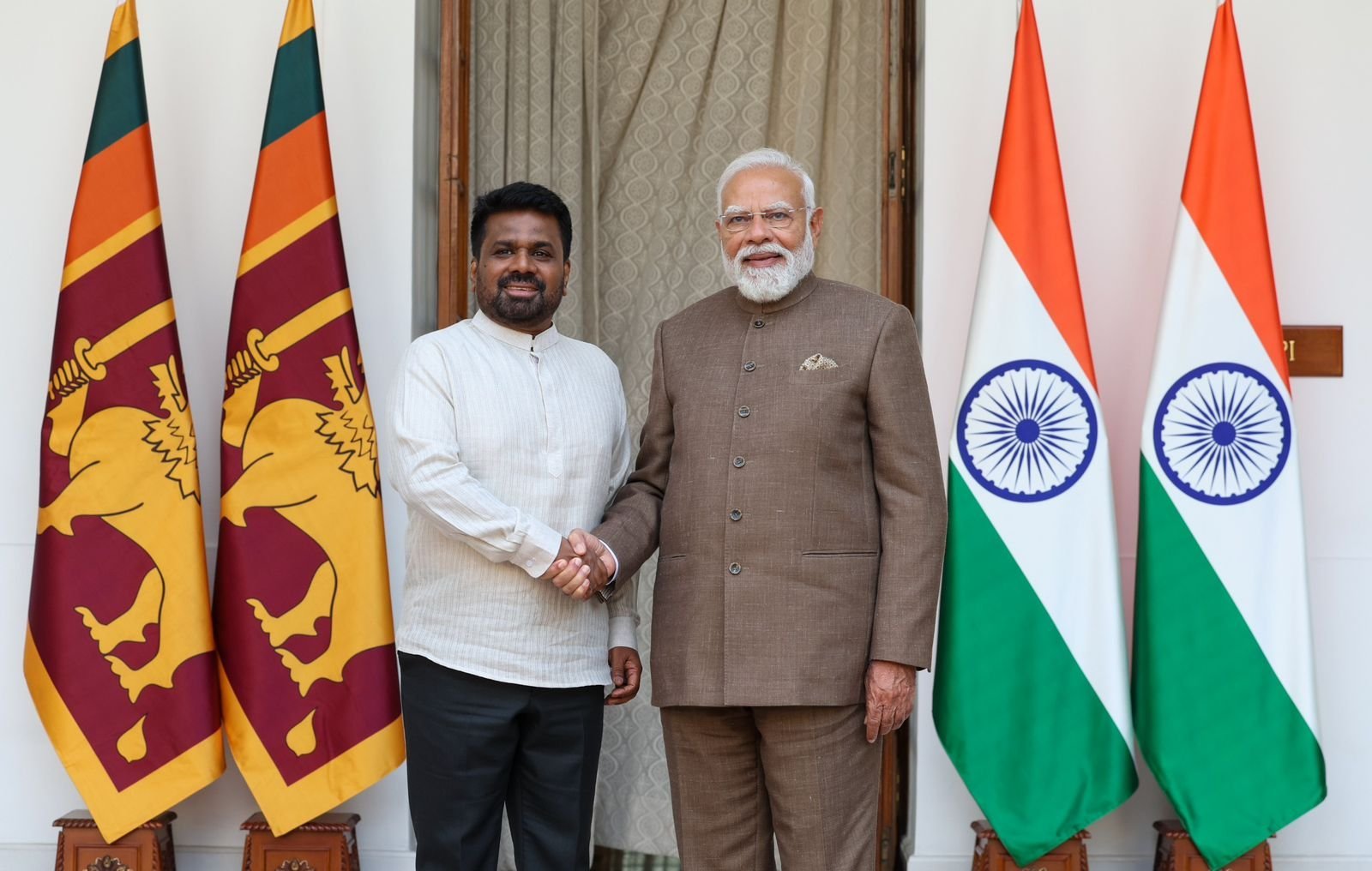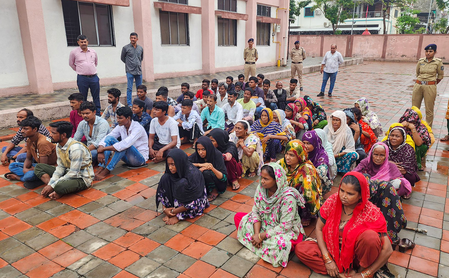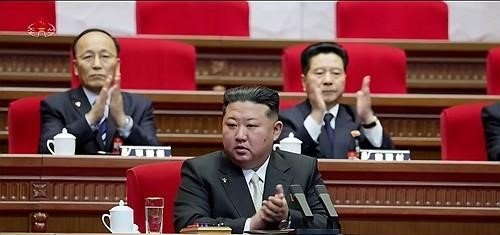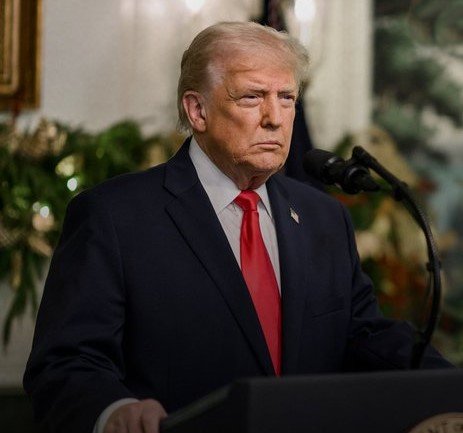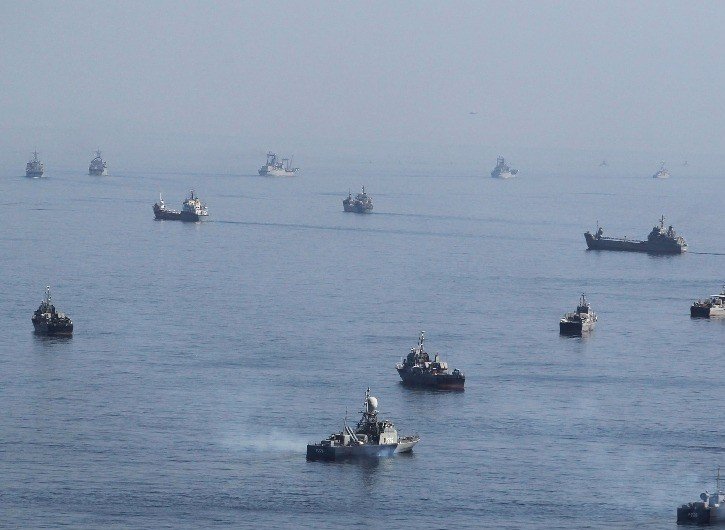
In the latest turn of the Gaza war, Hamas has given Israeli officials the bodies of the hostages it had held since the June 7 fighting began. The hand‑over comes after Israel warned that it would cut humanitarian aid to Gaza if the group did not release a full accounting of the hostages’ conditions.
The bodies were delivered to a UN‑controlled site in Khan Younis, where international teams will identify the men and women. The exchange was part of a broader push by both sides to reduce the cost of an escalating conflict that has already resulted in thousands of deaths and massive displacement.
Israel’s Prime Minister Benjamin Netanyahu said the aid cut would target food and medical supplies that reach Gaza via aid corridors. “We cannot allow a situation where the blockades and shortages continue to kill civilians,” he told reporters. The blockades have already strained Gaza’s fragile health system and worsened living conditions for millions who rely on imported goods.
Hamas’ chief spokesmen confirmed that the bodies belong to the 66 Israeli soldiers and 6 civilians who were seized during the early attack. In a statement, the group said it had no choice but to send the remains in what it describes as a “peaceful and final act” after repeated Israeli demands. The group blamed the continued tensions on the Israeli refusal to grant a full release of hostages and to lift the blockade.
Human rights groups say the exchange also highlights the need for a negotiated ceasefire. “Civilians on both sides are paying a heavy price,” said one activist who has worked in Gaza for more than a decade. “We must end this violence and turn to a resignation for any credible resolution.”
The United Nations is monitoring the situation closely. The UN’s humanitarian chief said the organization will keep channels open for additional aid deliveries, even while encouraging both Israel and Hamas to move toward a broader peace deal.
International observers have noted that the hand‑over could set the stage for further releases of hostages in exchange for humanitarian aid and political concessions. Until those talks solidify, Israel’s threat to cut aid remains a powerful bargaining tool in the conflict, incidentally forcing Hamas to make this latest concession.
Stay informed on all the latest news, real-time breaking news updates, and follow all the important headlines in world News on Latest NewsX. Follow us on social media Facebook, Twitter(X), Gettr and subscribe our Youtube Channel.









